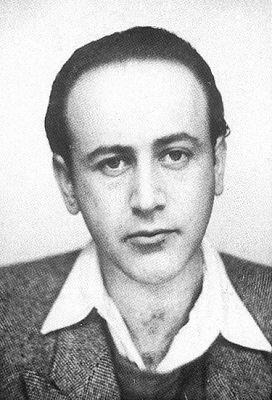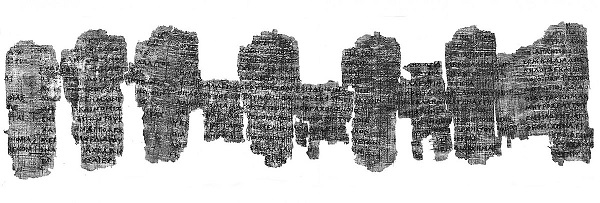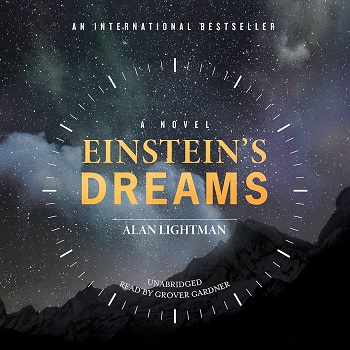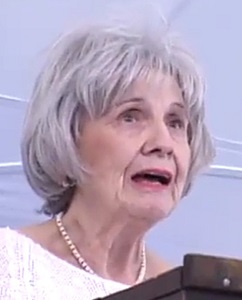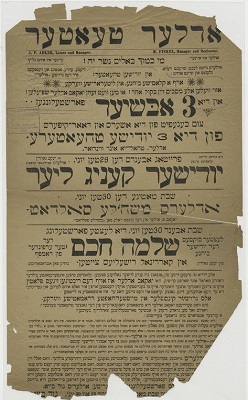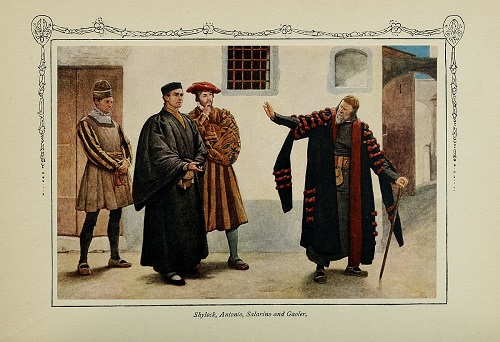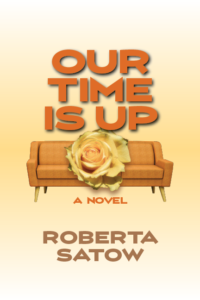Click Here to Read: Why One of the World’s Most Elusive Writers Still Haunts Readers: Newly translated letters reveal the inner life of Paul Celan, offering clues to his enigmatic poems By Adrian Nathan West in the New York Times on December. 22, 2024.
Paul Celan 1938. Image: Unknown, Public Domain via Wikimedia Commons.
